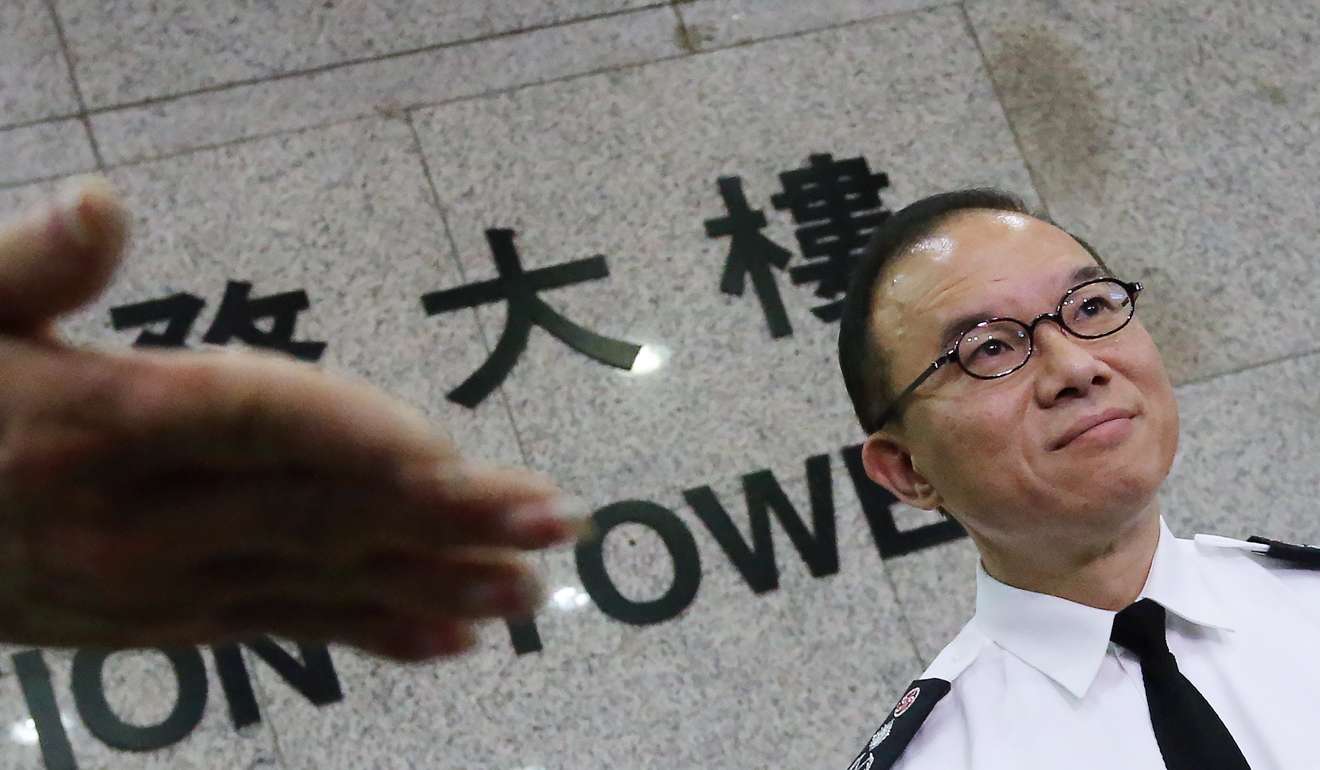
Hong Kong’s immigration policy: a help or hindrance to business?
The city’s immigration schemes must be designed to provide wealth, wisdom or work
We are a city of immigrants. Just a few thousand are true descendants of indigenous Hong Kong farmers and fishermen – though about another million claim that right.
The rest of us are economic migrants – just look at Hong Kong place names: Catchick, McDonnell, Mody, Kotewall, Shouson, Braga, Sung Wong. After the second world war, we welcomed China’s “tired, poor and huddled masses yearning to breathe free.”
In 1950, the population was just under 2 million rising to 3.1 million in 1960, and just under 4 million in 1970. 1980 was the last year that Hong Kong women reproduced enough to replace the population – and we broke 5 million.
Vietnamese refugees, snakeheads, swim across Mirs Bay using ping-pong balls for flotation, are all part of our history. Then as we got crowded, Hong Kong applied a “touch base” policy for those able to scramble past the Gurkha’s.
The handover in 1997 saw Hong Kong’s population at 6.4 million, and (as I wrote last July) sucked a lot of young men overseas.
Today, 7.4 million people call Hong Kong their home and entry is strictly controlled by a series of well-intended immigration schemes. Even illegal immigrants (who almost all claim asylum from torture) have their cases fairly heard. Immigration rants from President Trump, Brexiteers and LaPenistas in Europe, and Pauline Hanson in Australia have made it a global issue.
Migration of some 140,000 annually (2 per cent of our population) is what makes a difference to the world’s fourth most densely populated territory as fertility in Hong Kong is at the very low level of 1.2 per woman. Yet with a low birthrate and closed borders, we need managed immigration or our economy will wind down as we age.

Immigration schemes must be designed to provide wealth, wisdom or work. The right-wing French Presidential candidate Marine Le Pen calls residency, “inherited or merited”. She forgot to add people who do low paid jobs nobody wants – which Hong Kong has developed into an art form through the foreign domestic helpers programme (4 per cent of our population).
You can study, be born, or even buy your way into Hong Kong (for a pathetic and unnecessary $10 million). It takes just a mere seven years residence by a mainlander to become a Permanent Resident; with birthright rights – more than a gweilo who has lived here 50 years.
Our big loophole is the One Way Permit scheme, set up under the Joint Declaration “mainly to facilitate family reunion.”
Today, 7.4 million people call Hong Kong their home and entry is strictly controlled by a series of well-intended immigration schemes. Even illegal immigrants (who almost all claim asylum from torture) have their cases fairly heard
It allows 150 people a DAY to emigrate from China to Hong Kong to become PR’s. That is potentially a million people or 14 per cent current population since 1997. Permits are determined entirely by the “authorities of the Central People’s Government after consulting the Hong Kong government” and results in a third to a half of our annual immigration.
Government figures are confusing as the November figure presented to LegCo was 830,000 permits since 1997, or 11.2 per cent of the population. Yet this does not match with a December 2012 figure of 762,000, as the last five years have seen 40,000 – 50,000 permits annually (the maximum is 53,400).
Permits are not given for wisdom, wealth or work. Nearly 40 per cent of marriages registered in Hong Kong last year are cross-border. Ninety-eight per cent of permits are spouses or dependents.
“Overage children” born to Hong Kong residents before 1986 are eligible, as are parents over 60. Only a miniscule 14 per cent of the people who have obtained one-way permits are degree holders.
Permits are given on a points system but China is so huge, that there will always be applicable candidates. They must surrender their mainland hukou rights, including education and health care – but of course they get our welfare, health care, housing, and education, even without living in the city for seven years.
Mischief makers could say that China is colonising Hong Kong by diluting its character. Migrants have always blamed newer migrants for society’s problems such as spitting in the streets and rising property costs.
Whether they will renegotiate the one-way permit scheme will be a question to ask each new Chief Executive candidate to see whether they have Hong Kong’s best interests at heart. The permits were agreed to unite families – if that hasn’t happened by now, it never will.
Hong Kong needs to focus on immigrants who bring work, wisdom or wealth – for our economic growth will be stimulated both by professionals in their early twenties, and foreign domestic helpers permitted to do a wider range of low-paid jobs.
Richard Harris is an investment manager; writer and broadcaster; and financial expert witness.

